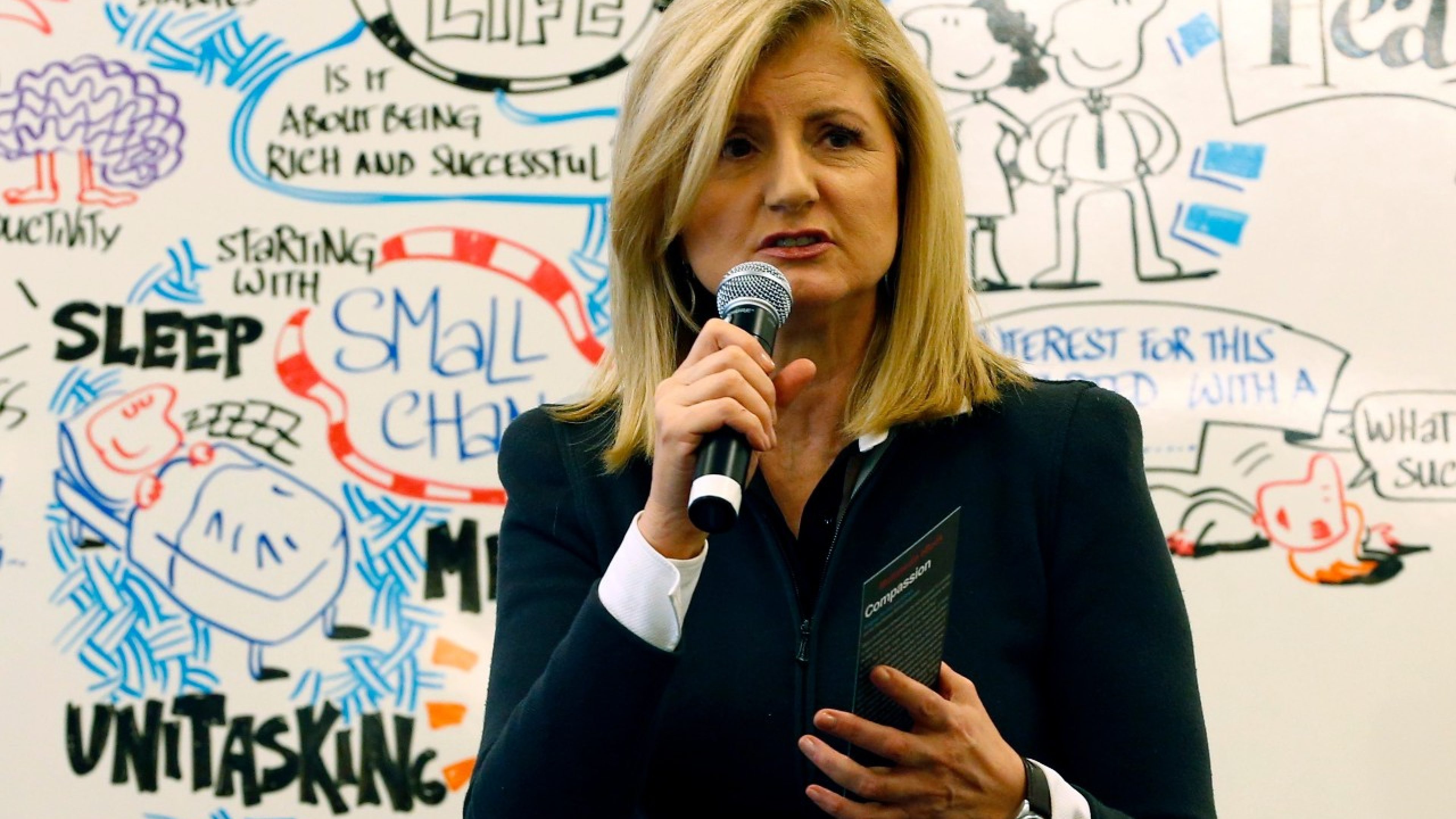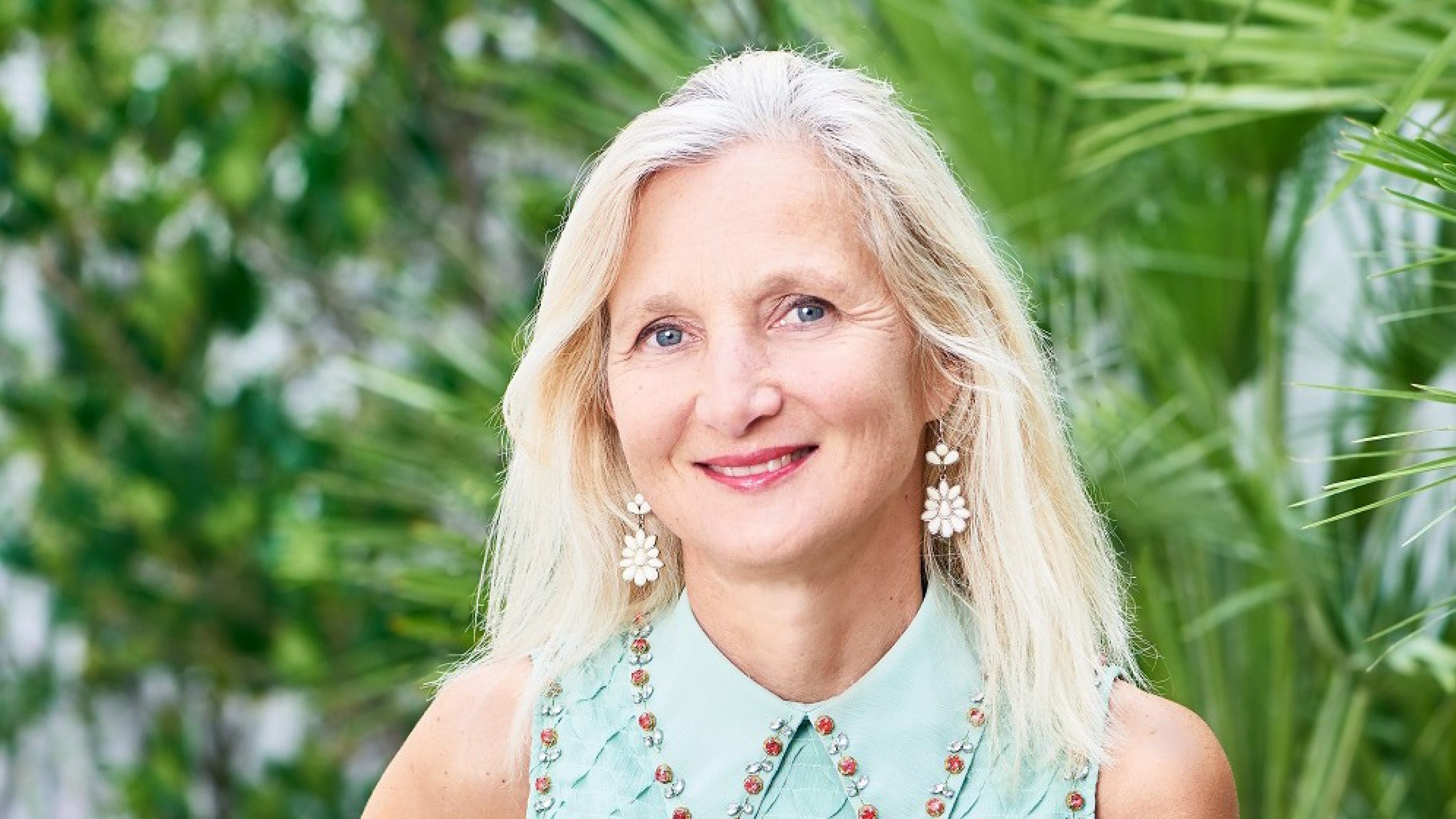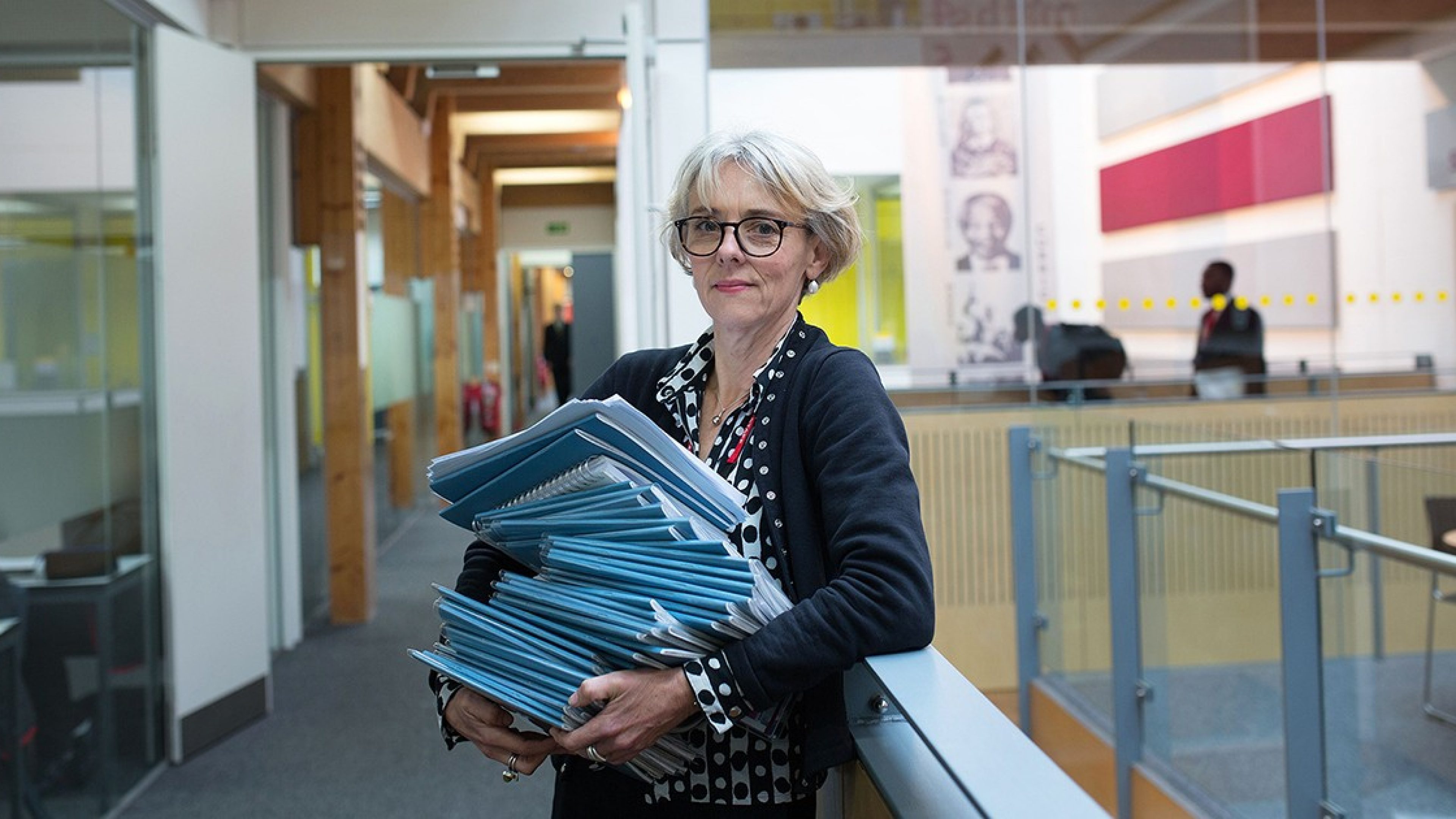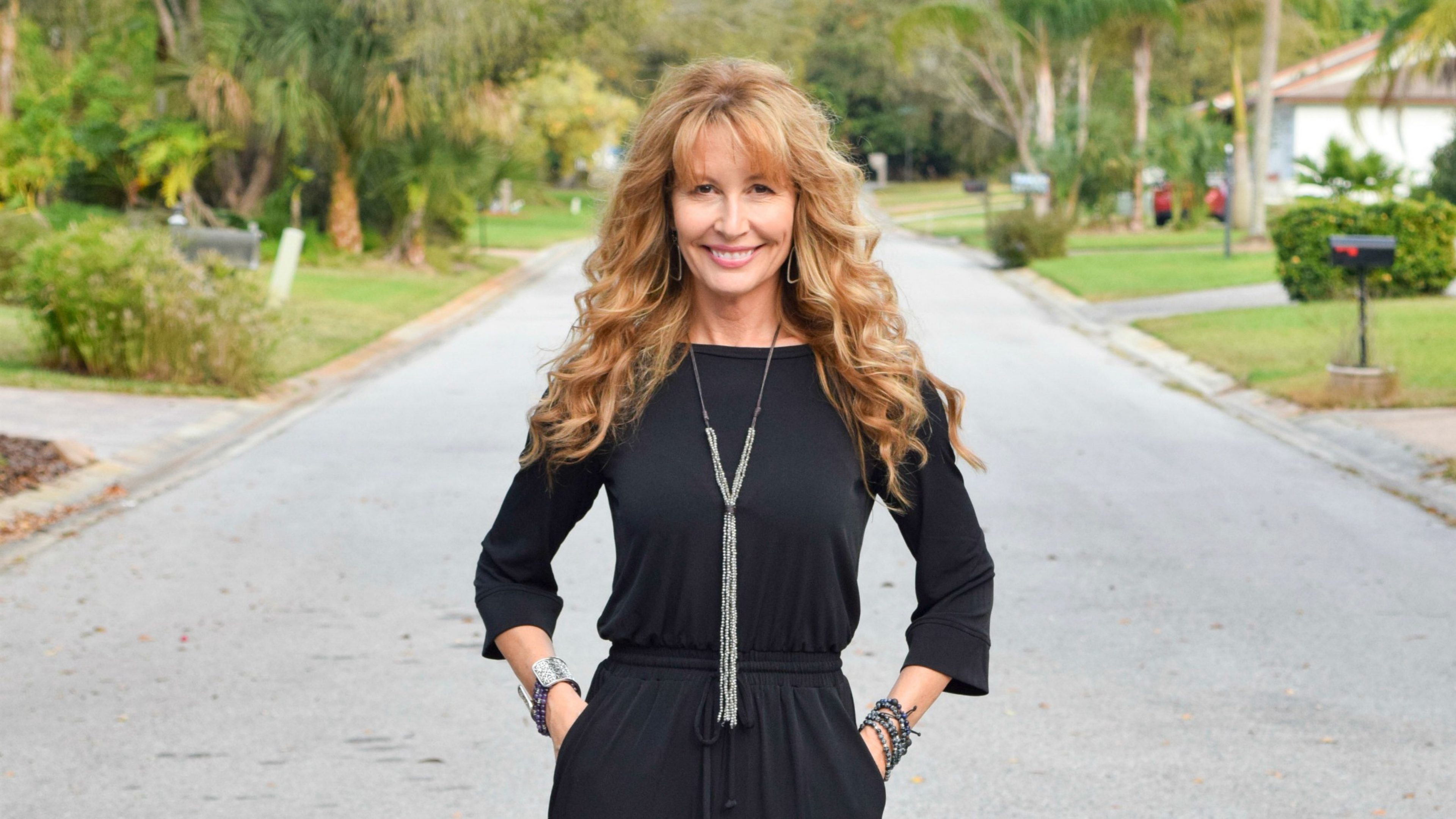She is one of the world's most famous entrepreneurs – and sleeps eight hours (almost) every night. Arianna Huffington says in an interview: We need nothing less than a sleep revolution if we are to get our self-determined life back.
When Arianna Huffington regained consciousness, she was lying in a pool of blood on the floor of her office. She had collapsed from exhaustion and lack of sleep. She fell, hit her head on the corner of her desk, injured her eye and broke her cheekbone. Two years prior she had founded the “Huffington Post”. She had been working 18-hour days, seven days a week.
After her collapse, she asked herself: Is this what success is like? Is that the sort of life she wanted? She provides the answer in her book “The Sleep Revolution”, which became a bestseller in the US. Permanent lack of sleep has reached epidemic proportions in society. To lead more fulfilled, aware and creative lives, sleep must become a priority again.
Arianna Huffington, are you tired at the moment?
No, I got my eight hours of sleep last night so I'm feeling recharged!
In your book "The Sleep Revolution" you write that we are in the midst of a sleep deprivation crisis. What is the main reason for this crisis?
We have been living under a collective delusion that burnout is necessary for success, that if you want to succeed, build a company, climb the ladder, you have to burn the candle at both ends. It’s been this way since the Industrial Revolution, and the increasing presence of technology in our lives has only fueled it. But all the latest science has proven that the opposite is true – that when we unplug and recharge, we are more productive, more creative, make better decisions and live our lives with greater fulfillment and joy.
Managers in Europe still are proud to say in interviews that they can do with 4 or 5 hours of sleep per night. Is this kind of a macho mentality?
Yes it is, and workplaces fueled by that machismo attitude and bravado makes it harder for all of us to advance, but particularly women. Managers may wear it like a badge of honor, but the science is in that being chronically sleep-deprived is the cognitive equivalent of coming to work drunk – so we shouldn't be congratulating each other for working 24/7. It’s those who take care of themselves and prioritize their well-being who should be the ones being celebrated as dedicated to their jobs.
You know many top business leaders. How did they react to your book?
More and more executives are coming out as new role models of success, showing how they prioritize their well-being, and sharing how sleeping, meditating, and disconnecting from technology makes them better leaders. They make better decisions, have better judgment, and are more creative, resilient and productive. Jeff Bezos for example wrote a piece on Thrive Global about why sleeping eight hours a night is beneficial for Amazon shareholders. And it's an important conversation, because employees need buy-in from leadership in order for them to feel that they can do the same thing too.
You’re the mother of two kids, you founded Huffington Post and built it into one of the largest and most successful digital media outlets of the world. How many hours did you sleep back then, in the beginning?
It would vary, but not enough. It just wasn't a priority for me – work and my family always came first, and I would put myself last.
What did you change after your collapse?
I began to ask myself some serious questions about how I was living my life. The first step was sleep, which is really the foundation of our overall well-being. I started to add sleep-time gradually until I was up to around 7.5 to 8 hours per night, which is where I am now. I’d always been a meditator, but I became much more disciplined about it – and it also helps you sleep. And once you start sleeping more, it’s much easier to make other changes to your life.
7.5 to 8 hours of sleep per night – always?
In 95% of the time. There are of course times in our lives when you can't get the sleep you want – a flight is delayed, a child is sick – but it's about making it a regular priority.
How do you find your sleep today? Do you have a kind of going-to-bed-routine?
I treat my transition to sleep as a sacrosanct ritual. First, one of the most important parts of my ritual, and my favorite tip, is to banish your phone from your room at night. Now, before I go to bed, I gently escort my phone out of the bedroom. Our phones are repositories of everything we need to put away to allow us to sleep – our to-do lists, our in-boxes, our anxieties. So putting your phone to bed as a regular part of your bedtime ritual makes you more likely to wake up as fully charged as your phone.
Is there an easy fix when I can’t sleep?
There's no silver bullet that works for everyone, but one of the most important things to do is to charge your phone outside your bedroom. I also find meditation (I have guided meditations that I keep on an iPod) to be one of the most effective ways to fall back asleep.
What do you think: Would you have been so successful if you had slept so long in the beginning of your career?
I’m often asked that question, and my answer isn’t just a categorical yes—I also believe that not only would I have achieved whatever I’ve achieved, but I would have done it with more joy, more aliveness, and less of a cost to my health and my relationships.
I sometimes feel that there aren’t enough hours in the day. What should I do?
One of my favorite quotes is from Brian Andreas: "Everything changed the day she figured out there was exactly enough time for the important things in her life." So often we feel like there aren't enough hours in the day because we're drained, depleted of our reserves and running on empty. But I learned to do what they tell us on airplanes: secure my own oxygen mask before helping others. When I prioritize my well-being, I'm more productive and effective in everything else that I do. And for the things you really need to do, there will be time – and you’ll do them more efficiently.
In Southern European countries there was the tradition of Siesta, daytime nap. Should we revive it?
Yes! I love the tradition of the siesta – naps have been shown to improve our focus, memory, creativity, and ability to learn. And more and more companies are recognizing that, installing nap pods and encouraging employees to take a short break to refuel during the day.
In the top management you’re still expected to be available 24/7. Is this attitude changing?
Yes that attitude is changing. We are at an inflection point in history where technology has granted us powers that accelerate the speed of life beyond our capacity to cope. We’re more aware than ever that living 24/7 leaves us depleted, distracted and unfulfilled. And simultaneously people are recognizing that the premise of "work-life balance" is wrong. The science is in that work and life, well-being and productivity, are not on opposite sides — so they don’t need to be balanced. They’re on the same side, and rise in tandem. Increase one and you increase the other.
Are young people more aware of this?
Indeed, one of the things I was most impressed with was how much more passion and awareness young people bring to the issue of sleep than my generation did.
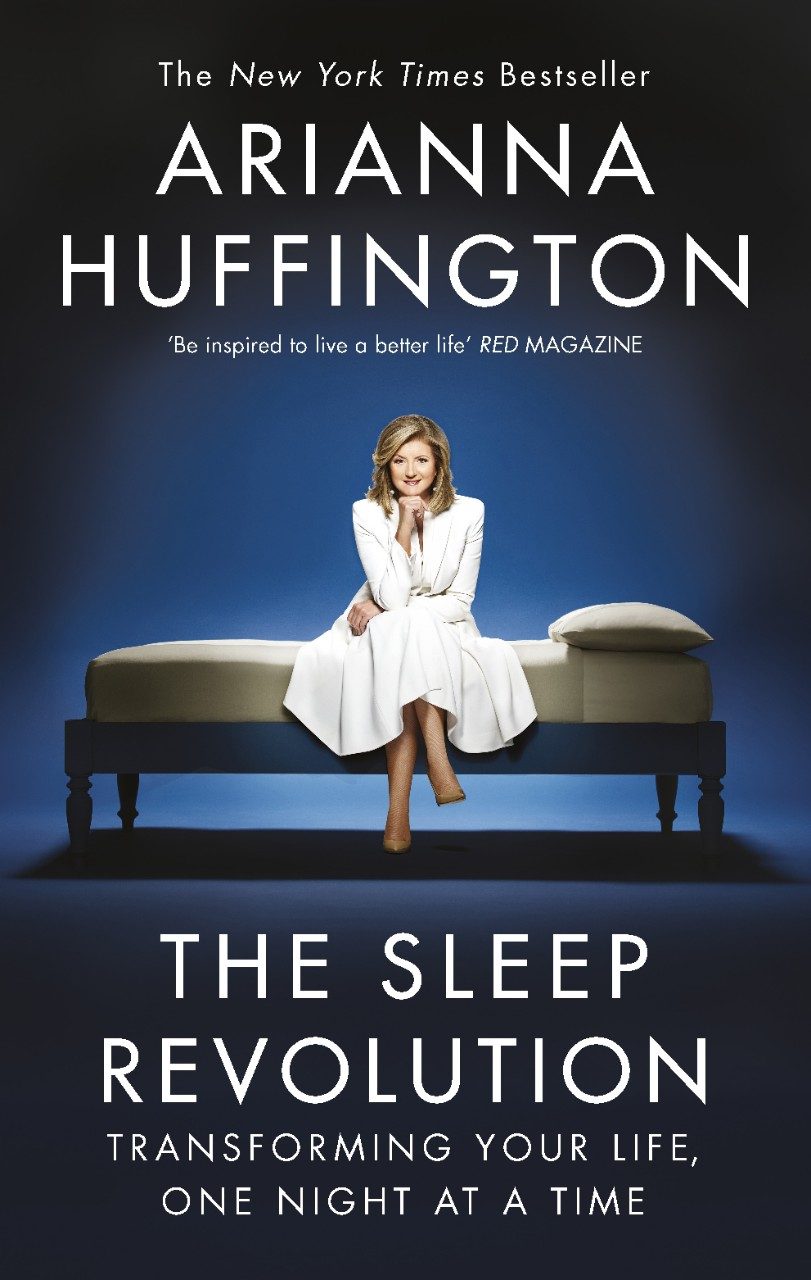

About Arianna Huffington
Arianna Huffington, 66
One of the most influential people in the world, according to the US magazine Time.
Originally from Greece, she completed a master's in economics at Cambridge University and worked as a journalist and non-fiction writer in the US. In 2005, she founded the "Huffington Post". The online paper quickly became one of the world's most popular websites and was the first commercial online medium to win the prestigious Pulitzer Prize, the highest award for journalism in the US. In 2011, Huffington sold her company to the internet provider AOL but remained in charge. Last year she gave up her position as chief editor to concentrate on her new health and wellness start-up, “Thrive Global”.
